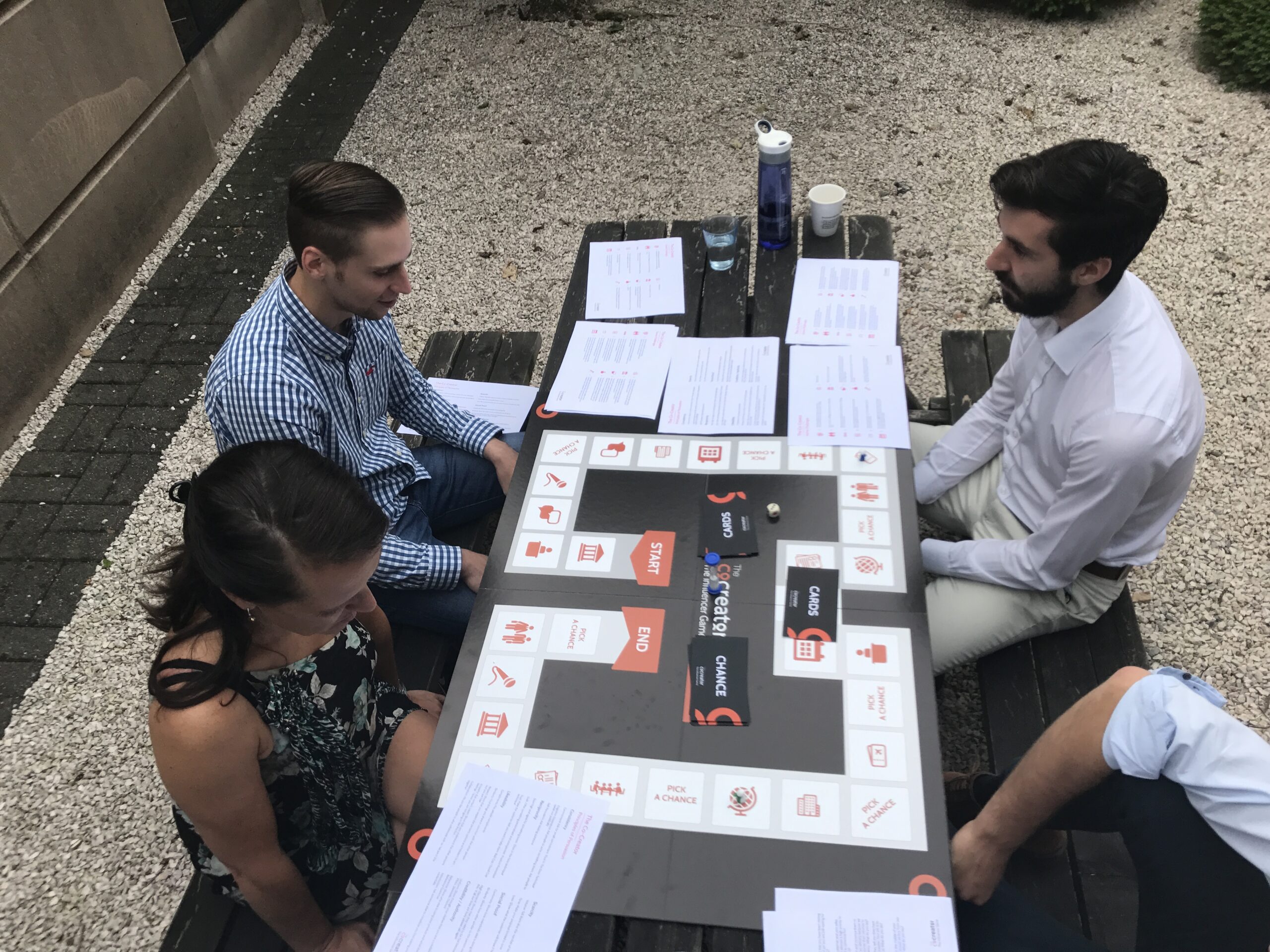In today’s B2B sales landscape, artificial intelligence (AI) and technology are not just present but rapidly becoming ubiquitous. This transformative force is reshaping every aspect of the sales process and redefining the role of salespeople within it.
The Rise of Data-Driven Sales
The modern sales arena is increasingly driven by data. Marketing departments utilize sophisticated lead scoring systems, powered by AI, to identify high-quality prospects. This meticulous process ensures that sales teams are equipped with warmer, more qualified leads, setting the stage for more effective and efficient sales cycles.
Adapting to the Evolving Sales Profile
Salespeople need to be adaptable, creative, and technologically adept to thrive in this evolving landscape. Embracing the digital transformation is no longer enough; sales professionals must master data and analytics to craft and execute sales strategies with precision. They must also leverage tools like LinkedIn to establish and nurture relationships that transcend geographical boundaries.
Reshaping Sales, Recruitment, and Customer Service
The surge in video and digital content is revolutionizing sales and recruitment practices. These dynamic and interactive mediums engage clients and candidates on a deeper level. Moreover, call centers, usually the first point of human contact in the sales journey, have evolved into hubs of AI integration. Through AI technology, call centers can analyze every aspect of customer interactions, significantly enhancing the quality of customer service and response times. This enables sales professionals to provide highly personalized experiences and tailored solutions.
Delivering Personalized Experiences and Integration with AI
Companies are achieving integration with AI across all marketing and sales processes. Systems like Salesforce.com’s Sales Cloud, Gong, and Cogito aid in lead qualification and also coach call center agents to improve their interactions. This integration is crucial as consumers now expect frictionless, anticipatory, and relevant experiences that resonate on a deeper, more personal level.
Augmented Reality: Enhancing Customer Experience
Augmented reality (AR) bridges the gap between digital and physical realms, bringing a tactile dimension to digital interactions and enhancing the overall customer experience. Numerous applications can be found in retail and construction, e.g. the Van Marcke Lab.
Conclusion
As technology and AI become ever-present in the B2B sales landscape, sales are transitioning from an art to a science. Data analytics play a crucial role in understanding and predicting customer behavior, preferences, and needs. Salespeople must now embrace their role as data-savvy, technologically adept, and strategically minded professionals to meet the sophisticated demands of the modern buyer.

